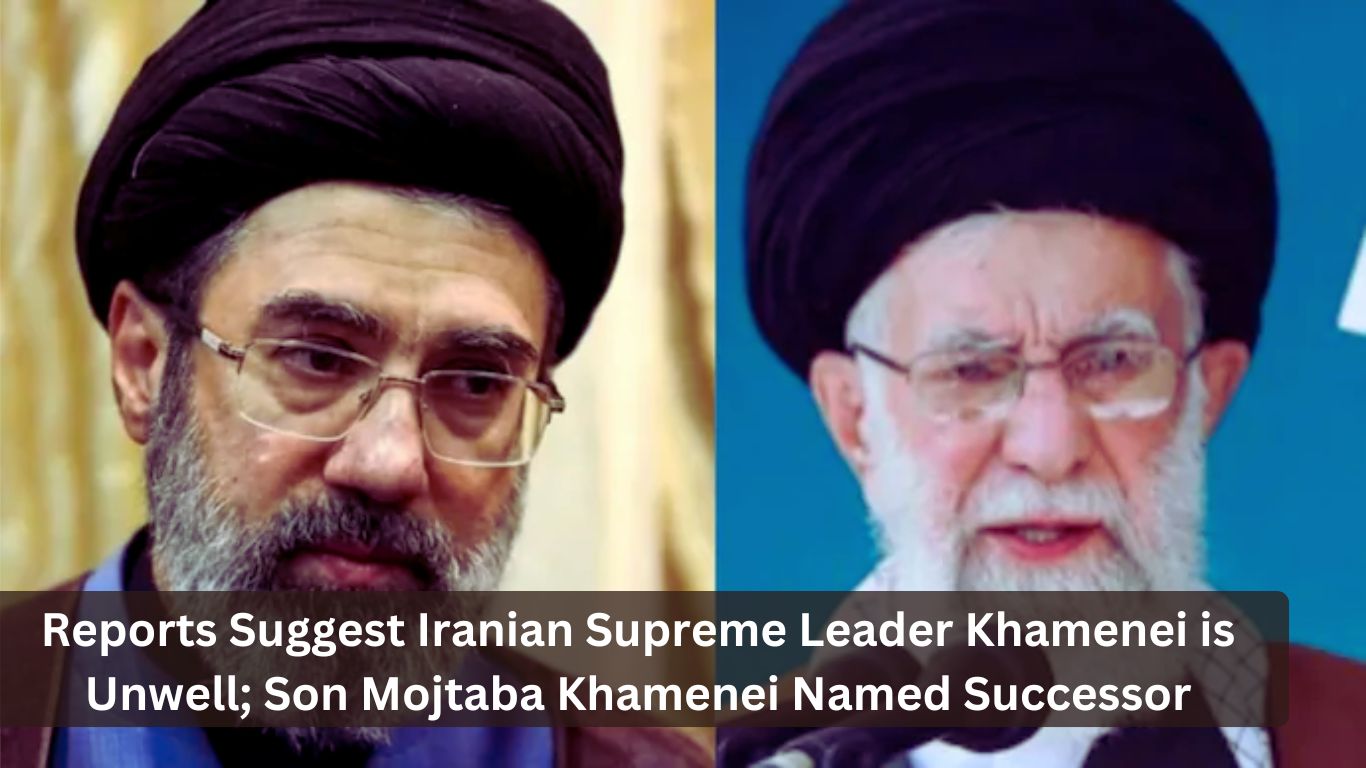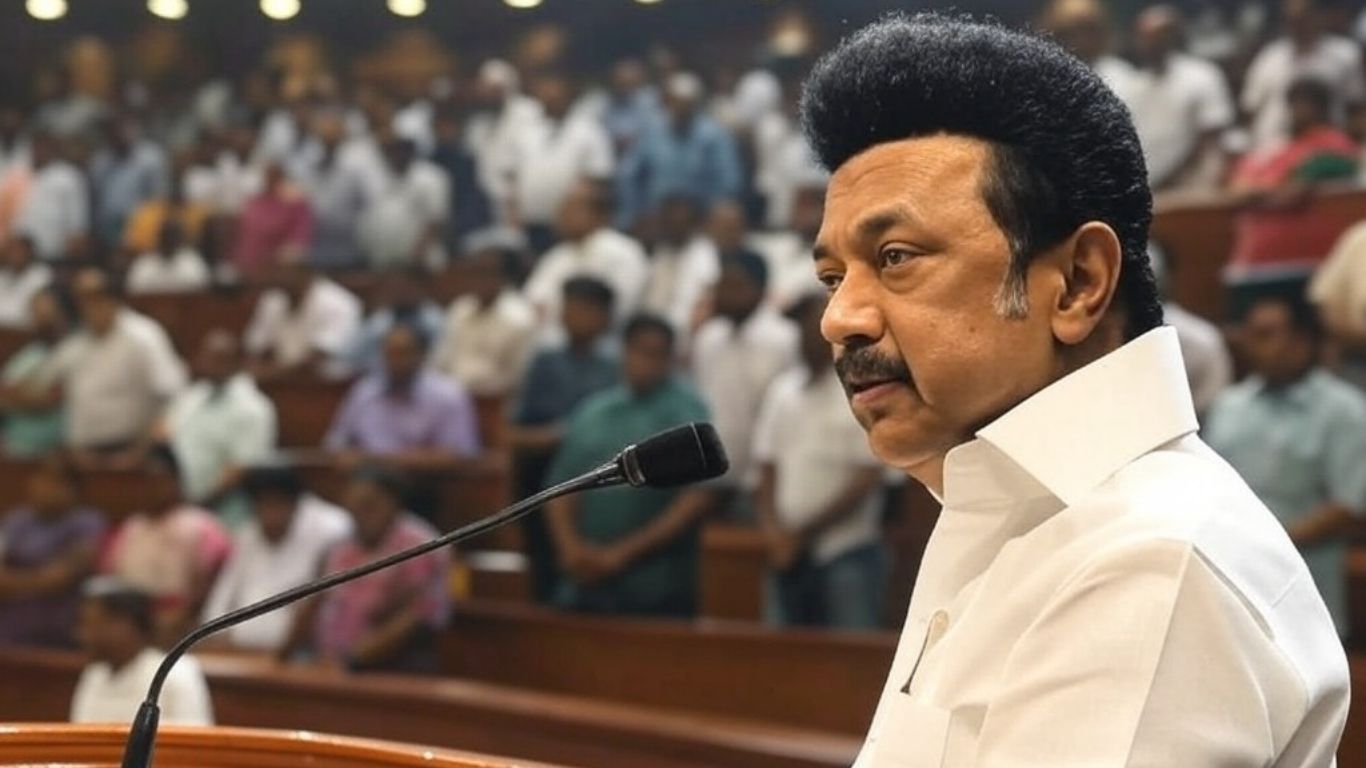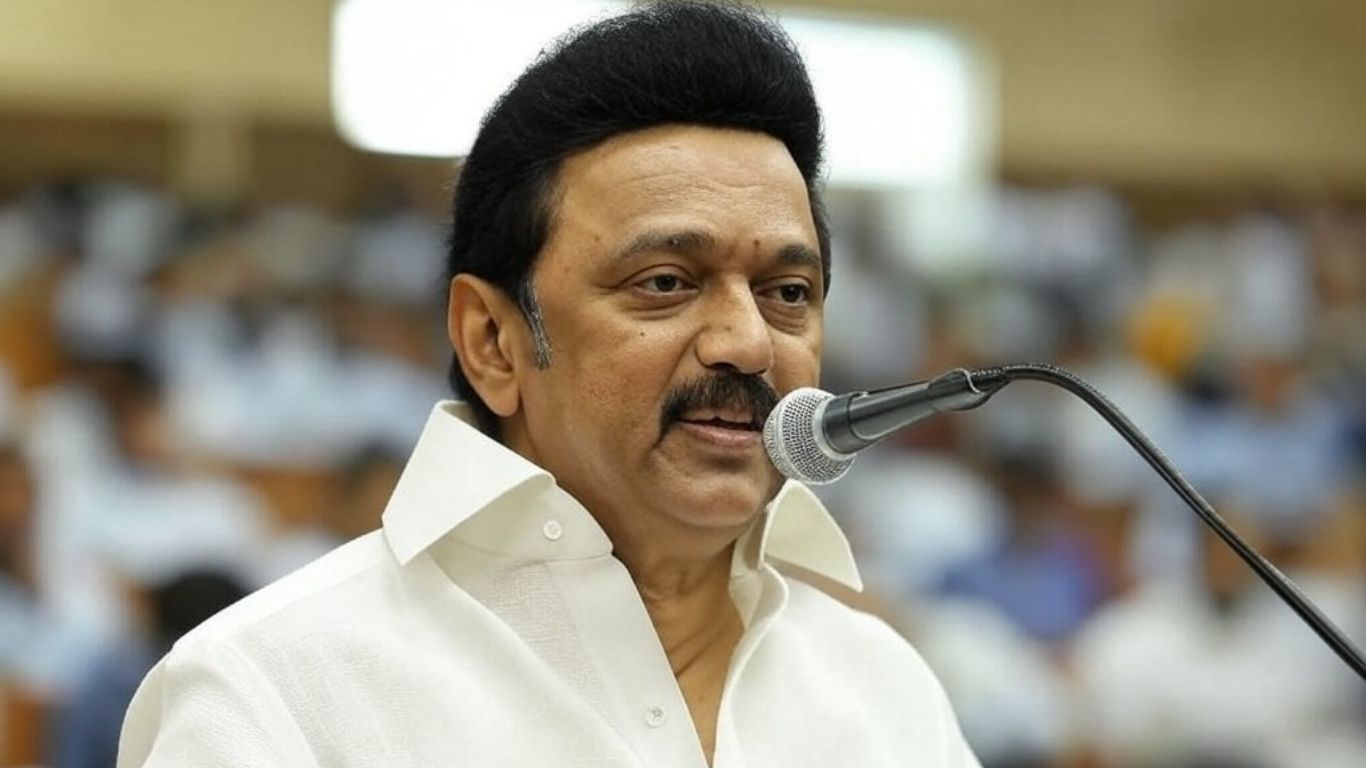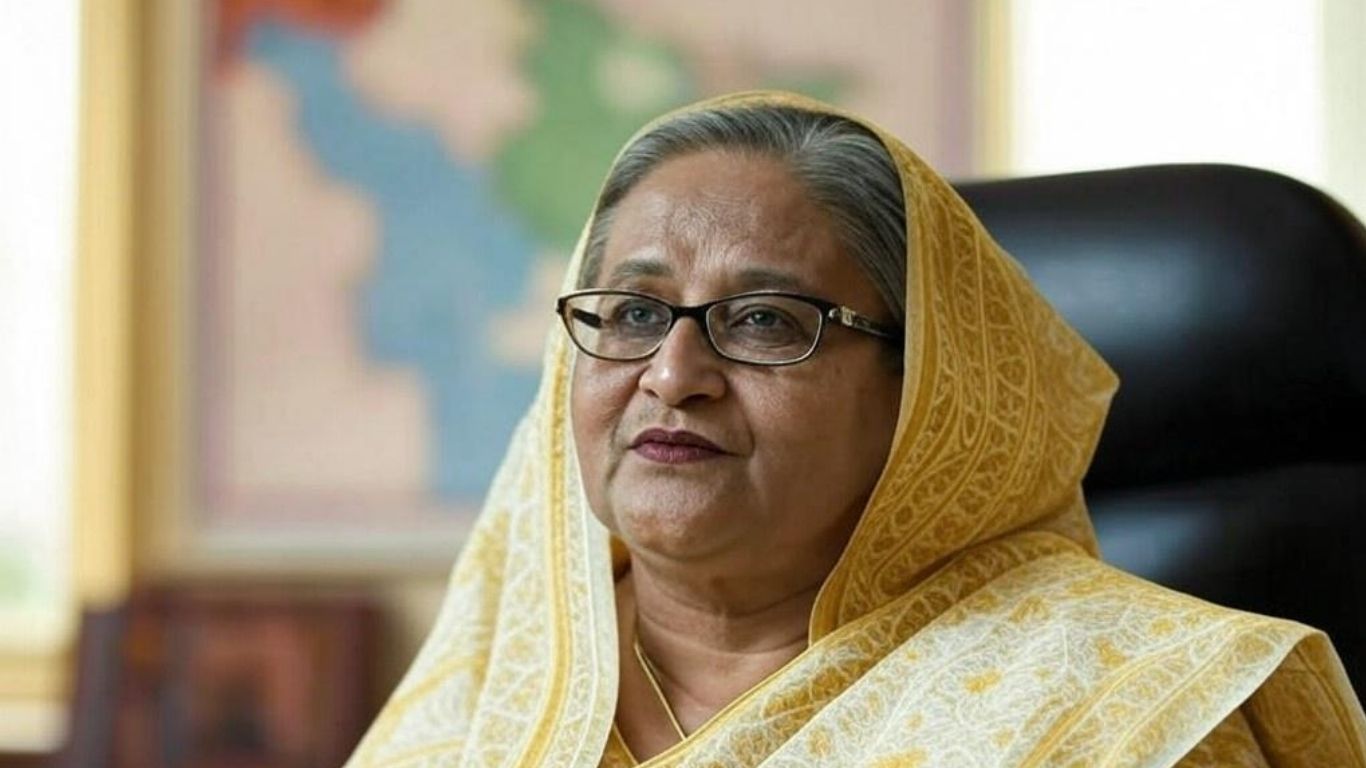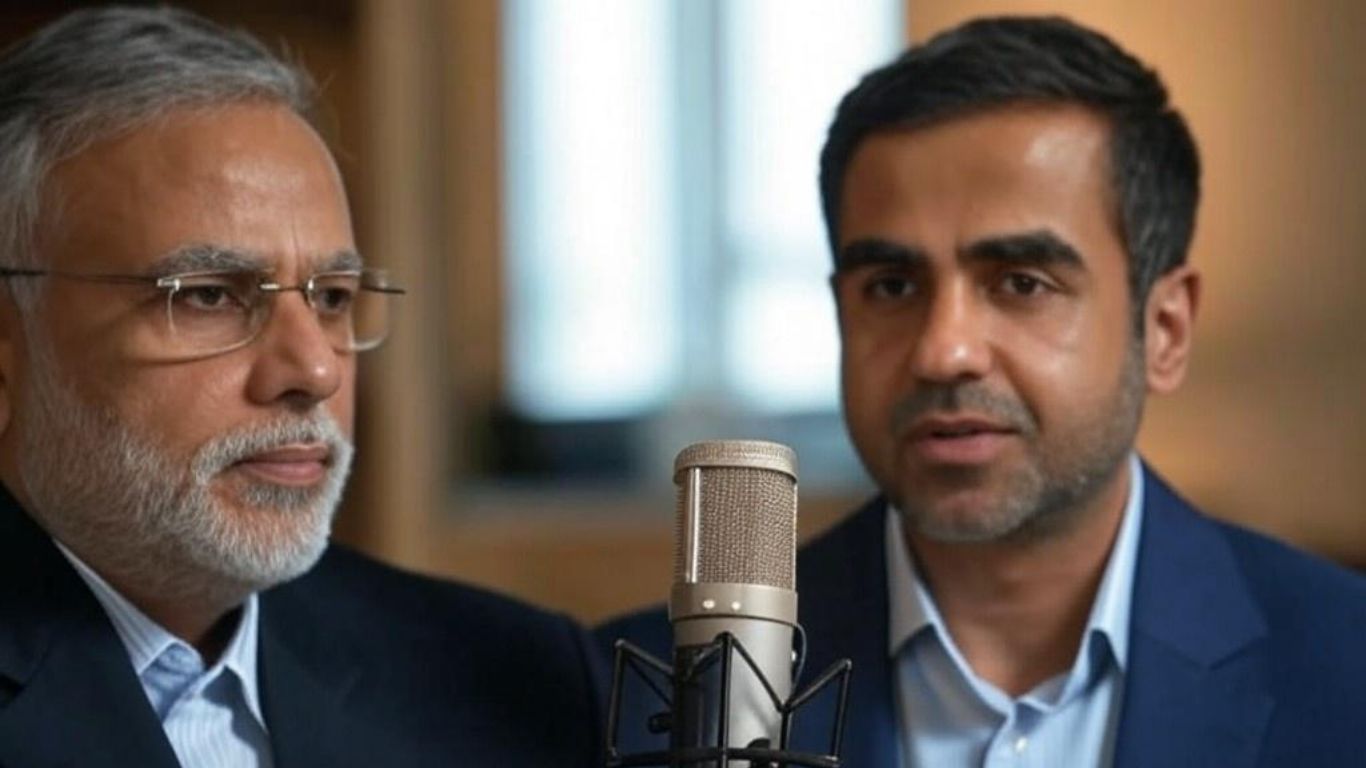Recent reports suggest that Iran’s Supreme Leader Ayatollah Ali Khamenei, aged 85, is unwell and has nominated his son, Mojtaba Khamenei, as the next Supreme Leader. The move has sparked widespread discussion, with claims that Mojtaba could assume the position even before his father’s death. This marks a significant moment in Iran’s political history, as leadership succession in the Islamic Republic has traditionally occurred posthumously.
Khamenei’s Health and His Last Public Appearance
Ayatollah Khamenei’s health has been a subject of speculation in recent years. Reports now claim that his condition has worsened, prompting discussions about a potential transition of power. Khamenei last appeared publicly at the funeral of Hezbollah leader Hasan Nasrallah, who was reportedly killed in an Israeli airstrike. His visibly frail appearance at the event has fueled rumors about his declining health.
The Supreme Leader’s absence from major public events and his reportedly limited involvement in state affairs in recent weeks have further intensified concerns.
Mojtaba Khamenei: The Chosen Successor
Mojtaba Khamenei, 54, has long been considered a key figure in Iran’s political landscape. Often described as his father’s trusted advisor, Mojtaba wields significant influence behind the scenes, particularly over the Islamic Revolutionary Guard Corps (IRGC) and Iran’s intelligence agencies. His nomination as the next Supreme Leader has raised eyebrows both within and outside Iran.
Key Attributes:
- Strong Military Ties: Mojtaba has cultivated close relationships with the IRGC, a critical power center in Iran.
- Political Influence: He has reportedly played a role in shaping Iran’s domestic and foreign policies.
- Clerical Status: Although not as prominent a religious figure as his father, Mojtaba’s clerical credentials have been a point of contention, with critics questioning whether he meets the qualifications for the role of Supreme Leader.
Implications of Mojtaba’s Succession
If Mojtaba Khamenei assumes leadership, it would mark the first dynastic transfer of power in the Islamic Republic, which prides itself on its revolutionary roots. Critics argue that this would signal a shift toward hereditary rule, undermining the republic’s foundational principles.
Potential Challenges:
- Internal Opposition: Mojtaba’s rise could face resistance from rival factions within Iran’s political and clerical establishment.
- Public Backlash: Many Iranians, already disillusioned by economic hardships and government repression, may view his ascension as consolidating power within the Khamenei family.
- Geopolitical Impact: Mojtaba’s leadership could influence Iran’s foreign policy, particularly in its relations with the West and its stance on Israel.











